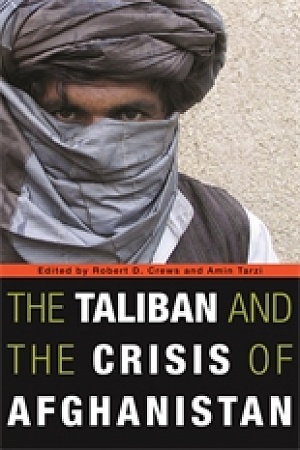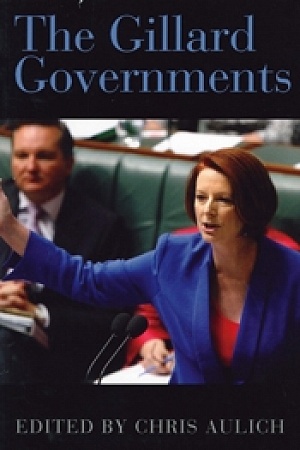Moscow, the Fourth Rome: Stalinism, Cosmopolitanism, and the Evolution of Soviet Culture, 1931–1941
Harvard University Press (Inbooks), $49.95 hb, 428 pp, 9780674057876
Soviet leadership and high culture
In Ernest Hemingway’s novel For Whom the Bell Tolls, the hero Robert Jordan, an American fighting on the Republican side in the Spanish Civil War, receives some advice from Karkov, a Russian ‘journalist’ at the unofficial Soviet headquarters in Madrid.
Jordan has been pressing Karkov on whether the Soviets consider the assassination of political opponents a legitimate technique. Musing ironically on the show trials of Stalin’s rivals then under way in Moscow, Karkov parodies the rhetoric used by prosecutor Andrei Vyshinsky: the accused are ‘the dregs of humanity … we execute and destroy such veritable fiends … These are destroyed. They are not assassinated. You see the difference?’
Continue reading for only $10 per month. Subscribe and gain full access to Australian Book Review. Already a subscriber? Sign in. If you need assistance, feel free to contact us.















Leave a comment
If you are an ABR subscriber, you will need to sign in to post a comment.
If you have forgotten your sign in details, or if you receive an error message when trying to submit your comment, please email your comment (and the name of the article to which it relates) to ABR Comments. We will review your comment and, subject to approval, we will post it under your name.
Please note that all comments must be approved by ABR and comply with our Terms & Conditions.